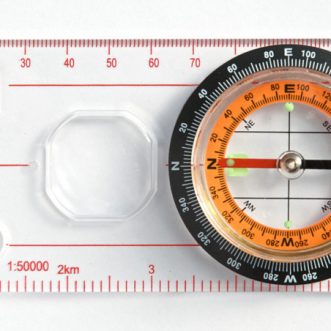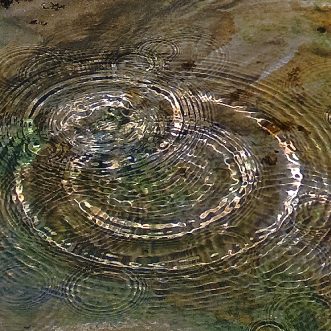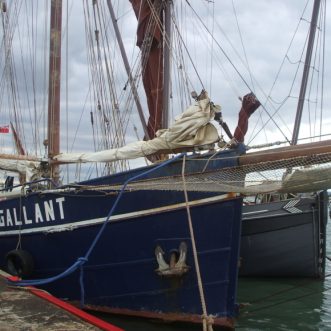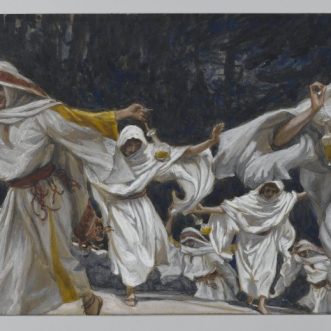July 28, 2020
At one time, my office was in a business centre on a farm, on the outskirts of London. There was quite a community of small businesses there, so we kept the post office busy.
One day, I saw our regular postie had someone with him. I got chatting (as I inevitably do), and asked to be introduced.
“This is John, your new postman”, he said, “I’m retiring soon, so I’m showing him my route.”
“That’s interesting, why do you need to show him it?“
“Because otherwise he would never know that the entrance to Suite 19 is round the back and up the stairs.”
John meanwhile, is sketching a plan of the buildings on what appears to be the back of an envelope.
“Is this how every new postman learns their route?”
“Of course! How else?”
I get the point of walking the route. There’s no better way to be confident that you in the right place on your first day. And of course it’s a great way to familiarise yourself with the buildings and people you serve.
I also get that occupants change, buildings are pulled down and new ones put up, or changed in other ways that mean re-numbering.
But what I didn’t get then, and still don’t, is why each new postie has to create a new personal map from scratch. Or why that information goes nowhere beyond the postie’s head.
After all, since 1660, the post office has had literally daily opportunities to create a map that reflects what’s actually on the ground. Almost effortlessly, as a side-effect of providing their service.
What a resource that would have been!










